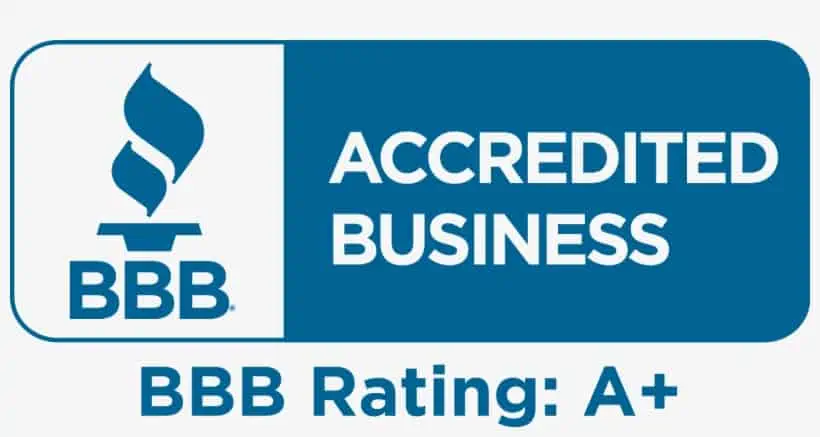Prohibited Transaction
The following transactions, whether occurring directly or indirectly, between a plan (e.g., Solo 401k) and a disqualified person (e.g., trustee, service provider, certain family members of trustee) are deemed prohibited by law:
- Sale, exchange, or leasing of property between a plan and a disqualified person;
- Lending of money or extending credit between a plan and a disqualified person;
- Furnishing of goods, services, or facilities between a plan and a disqualified person;
- A transfer of plan income or assets or use by, or for the benefit of, a disqualified person;
- Act by a plan fiduciary whereby plan income or plan assets are used for her own interest; or
- Receipt for consideration by a fiduciary for his own personal account from any party dealing with the plan in a transaction that involves plan income or assets.
Disqualified Person
A disqualified person is:
(A) a fiduciary of the plan;
(B) a person providing services to the plan;
(C) an employer, any of whose employers are covered by the plan;
(D) and employee organization, any of whose employees are covered by the plan;
(E) a 50 percent owner of C or D;
(F) a family member of A, B, C, or D (family members include spouse, ancestor, lineal descendent, and any spouse of lineal descendent but not brother or sister);
(G) a corporation, partnership, trust, or estate that has 50 percent or more ownership of A, B, C, D, or E;
(H) and officer, director, or 10 percent or more shareholder, or highly compensated employee of C, D, E, or G; or
(I) a 10 percent or more partner or joint venture of a person described in C, D, E, or G.
Negative Consequences of Prohibited Transaction
When a prohibited transaction takes place, the disqualified person or persons must correct the violation and pay a 15 percent excise tax for each separate taxation year. If the prohibited transaction is not corrected within the taxable period, an additional tax of 100 percent of the amount of the prohibited transaction will be assessed. Both taxes will be assessed against any disqualified person who participates in the prohibited transaction. If more than one person takes part in the transaction, each person can be liable for the entire tax. If the plan is corrected within 90 days of a notice of deficiency concerning the additional tax, the IRS will abate, credit, or refund the 100 percent tax.
Correcting Prohibited Transaction
Correcting the prohibited transaction means to undo the transaction to the extent possible and in any case to make good to the plan or affected account any loss resulting in the transaction, by restoring to the plan or affected account any profits made through the use of the plan assets. The plan must be placed in a financial position no worse than if the disqualified person had acted under the highest fiduciary standards (IRC Sec. 4975(f)(5) and ERISA Sec. 502(i)).



